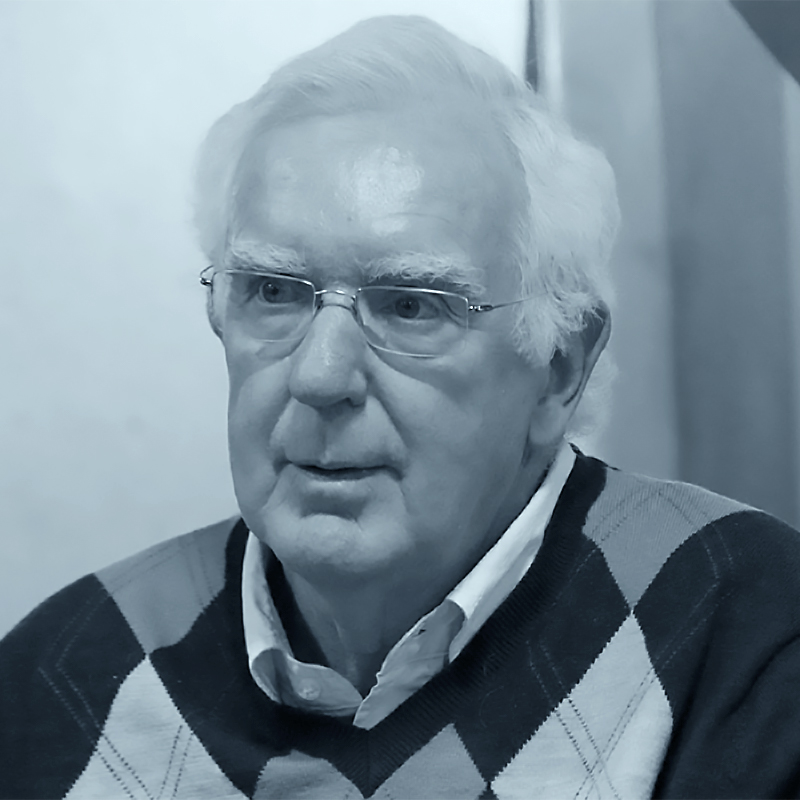

Catalan historiography versus Spanish historiography: an alternative historiographical example
Jaume Sobrequés i Callicó
Historian and politician.
Son of Santiago Sobrequés and Vidal, graduated (1965) and doctorate (1970) in history at the University of Barcelona, where he was professor of medieval history from 1966. He later moved to the Universitat Autònoma de Barcelona, where he is professor of Catalan history.
Since 1969 he has been curator of theMunicipal Institute of History of Barcelona, and director (1981-84) and then coordinator of the Barcelona City Council museum plan (1984-87). He has been a member of the board of directors of Barcelona Soccer Club (1993-2000), during which he was vice-president and president of the Culture and Museum Commission (1993-98) and of the Culture Commission (1998-2000). He is a member of the board of directors of the Catalan Institute for Ibero-American Cooperation. In 2000 he was appointed director of the Museum of the History of Catalonia in place of Josep M. Solé and Sabaté, position in which he was replaced by Agustí Alcoberro in 2008. In January 2009 he took over Joandomènec Ros as rector of the Catalan Summer University until November of this same year. In 2012 he was appointed director of the Contemporary History Center of Catalonia.
Among his books (many of which as co-author) we can mention: The September Revolution and the Catalan humorous press (1965), The Catalan civil war of the 15th century (1973, in collaboration with his father), King James I and the Renaissance in the Catalan Countries (1981), Catalonia (1981, in collaboration with L.M. de Puig), Pactism in Catalonia (1982), the documentary study in three volumes The Statute of Catalonia 1979 (1982, in collaboration with Sebastià Riera), The Catalans in the historical origins of California (1991), cross cards (1998, with Jaume Camps), Antoni Rovira and Virgili. History and thought (Carles Rahola prize for essay 2000), the edition of his father's letters War and post-war itinerary of a republican soldier from a defeated army. Epistolary of Santiago Sobrequés and Vidal from the eastern front and from the Santander concentration camp, 1938-1939 (2000), The end of the silence. The recovery of the Generalitat and the return of Tarradellas (2002), 1941. A Catalan opponent during the Franco regime (2004), Autonomy manual. Texts for the reform of the Statute of Catalonia (2003, with Mercè Morales), A huge prison. Concentration camps and prisons during the civil war and the Franco regime (2003, with Carme Molinero and Margarida Sala), Joan Margarit and Pau. The tragic end of the Middle Ages in Catalonia (2006), History of Catalonia (2007), History of Barcelona (2008), The Generalitat in exile (2008, with Mercè Morales), Hugh Roger III. Epistolary of war and exile of the last Count of Pallars 1451-1500 (2008, with Ramon Sarobe), The Statute of Transition (2010) i Catalonia, a modern country. When the national identity was affirmed in the 15th century (2019). In addition, several works on the history of FC Barcelona should be mentioned: A club at the service of Catalonia (1991), History of FC Barcelona, 6 vol. (1994) i FC Barcelona. His story and his thought (1995).
He has directed the continuation, from the 17th century until today, of the National history of Catalonia (1976-84) Rovira and Virgili that day History of Barcelona, in eight volumes, published in 1991-2001 by Catalan Encyclopedia. He founded the publishers Base (1973), which has published important Catalan historical works in facsimile, and Undarius (1976), which has published books on the contemporary history of Catalonia.
Elected senator for Girona for theUnderstanding of the Catalans (1977) and for New Entesa (1979), he was deputy (1988-95) in Parliament of Catalonia by Party of the Socialists of Catalonia, party in which he had been active since 1982 and of which he had been a member of the executive committee since 1984; in September 2010 he formalized his discharge. Leaning towards independence, he published the political essay Towards freedom Catalonia's long march towards independence (2013).
In 2008 he received the Creu de Sant Jordi.


